Are Supplements Really an Alternative for Healthy Diets?
A healthy diet caters to your nutritional requirements. A complete, nutritious meal is necessary for good health and a healthy mind. However, sometimes you may experience a nutritional deficiency, and in such instances, it becomes necessary to overcome the deficit. This is where dietary supplements come in. Are you a regular user of dietary supplements? Do you think they keep you healthy? Or are they an alternative for healthy diet?
Here is everything you need to know about the use of supplements. Let us learn what exactly are supplements, and what they do in our bodies.
What are supplements?

Dietary supplements contain minerals, vitamins, enzymes, amino acids, and herbs that give you additional health benefits when added to your diet. These supplements are available to you in a variety of forms like powders, tablets, capsules, or liquid syrups. Such supplements are sometimes required in addition to drug therapy to manage certain health conditions. For example, iron supplements are given in the management of anemia or iron deficiency.
Supplements may also reduce the risk of some diseases. The Food and Drug Administration mentions that although supplements provide nutrition, you cannot use them as food replacements. Unlike drugs, supplements are not consumed for treatment, prevention, cure, or diagnosis of a disease. They just help in the management of illnesses and may help improve the quality-of-life. You should eat a balanced diet that is full of varieties. A healthy diet is essential for everyone.
But what exactly is a healthy diet?
A healthy and balanced diet take care of your nutritional requirements and provides adequate minerals and vitamins for the proper functioning of the body. A nutritional diet comprises:
- Fresh fruits and vegetables.
- Whole grains
- Proteins
- Avoid trans-fat.
- Limit to good liquid products.
Can dietary supplements be an alternative to a healthy diet?
Typically, a healthy diet with a variety of food is sufficient for nutrition and wellness. However, poor nutritional intake often results in several diseases related to nutritional deficiencies. Unexplained weight gain or loss, lower hemoglobin, poor bone health due to less calcium intake, hair fall, and dry skin are signs of nutritional deficiencies. Dietary supplements make up for these deficiencies. They play an important role in bridging the gap when the normal diet fails to provide nutrition. However, it is not advisable to skip your food and derive nutrition only from supplements.
Do you really need dietary supplements?
Studies have shown that supplements do improve nutrition and reduce the risk of a particular disease to some extent. The same level of nutrition cannot be derived from a holistic healthy meal but a combination of both is beneficial.
Children, pregnant women, elderly people, post-menopausal women, or people suffering from some nutritional disorders may benefit from taking regular supplements. Supplements contain an isolated and concentrated form of micronutrients. Hence, they may spike the levels of minerals or vitamins.
A survey tells that among supplement users dietary supplements are taken to keep away from diseases and have a ‘feel good factor.’
Many people derive nutrition from supplements and food together. What is important is to know how the nutrients you derive from food affect your body and is that enough?
Although available without a prescription, supplements provide minerals, vitamins, and antioxidants in an easily consumable form. Origins Nutra is committed to providing you with scientifically formulated supplements containing clinically proven ingredients. The vegan supplements of Origins Nutra are sourced from the best sources that are clinically tested and proven to provide benefits to your healthy lifestyle.
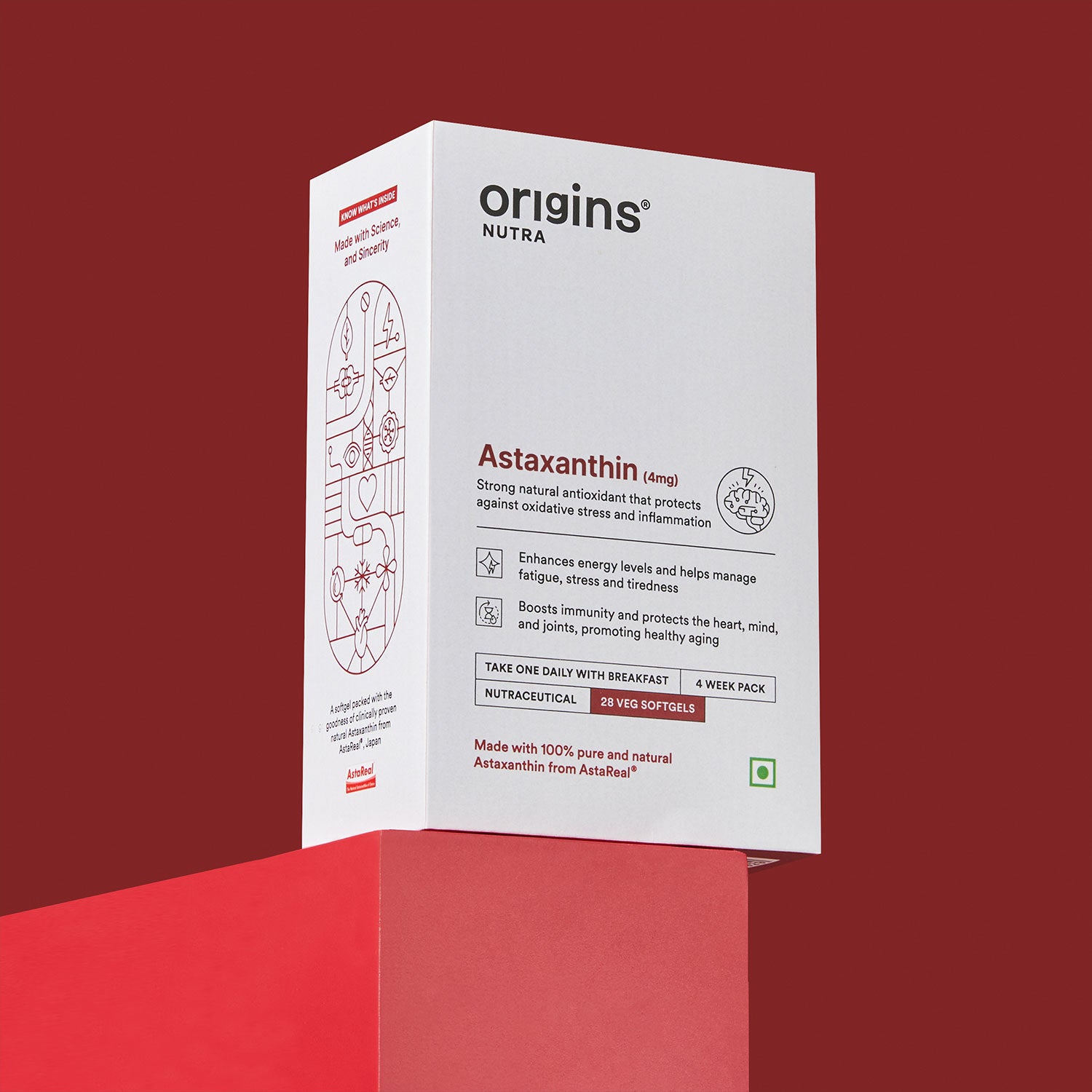
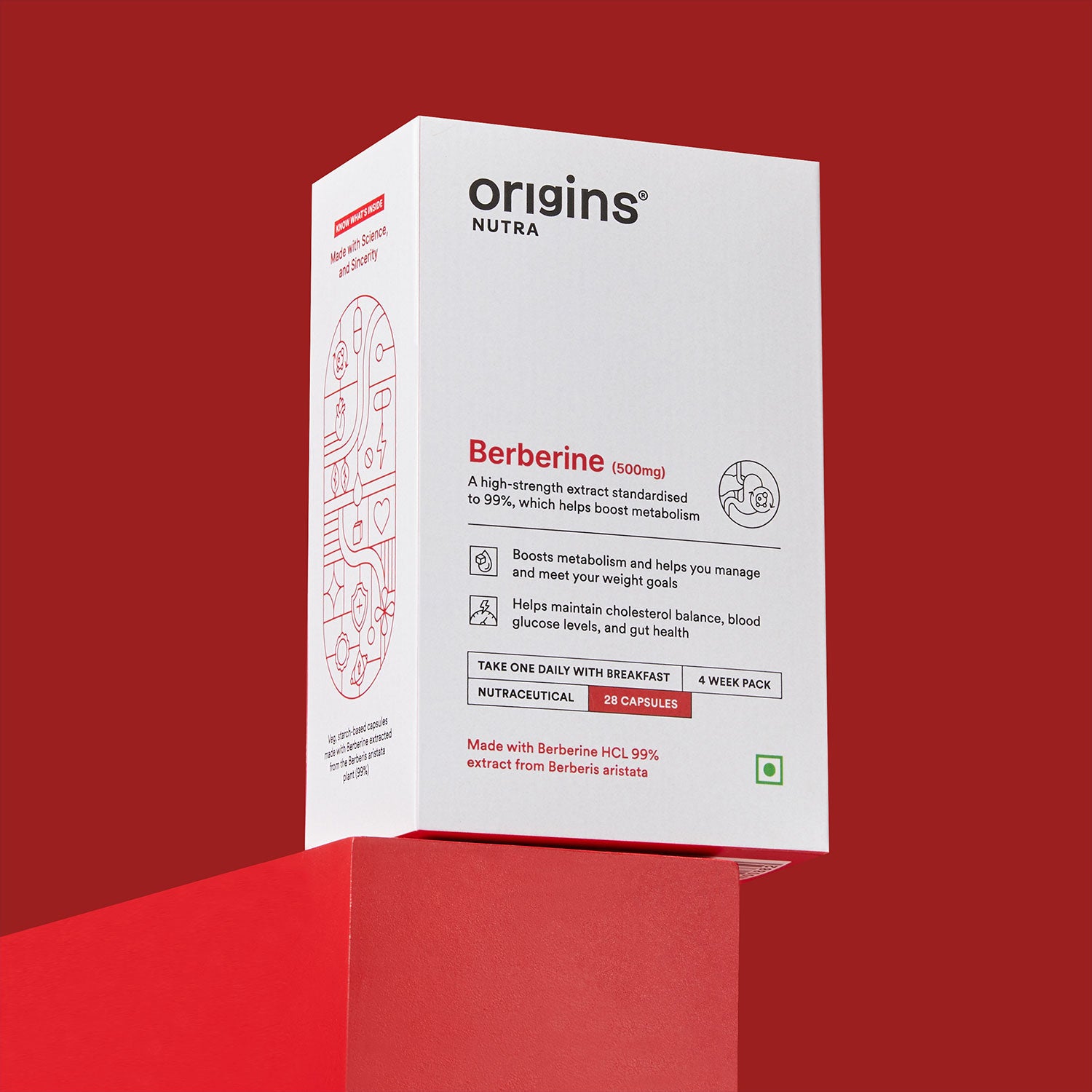
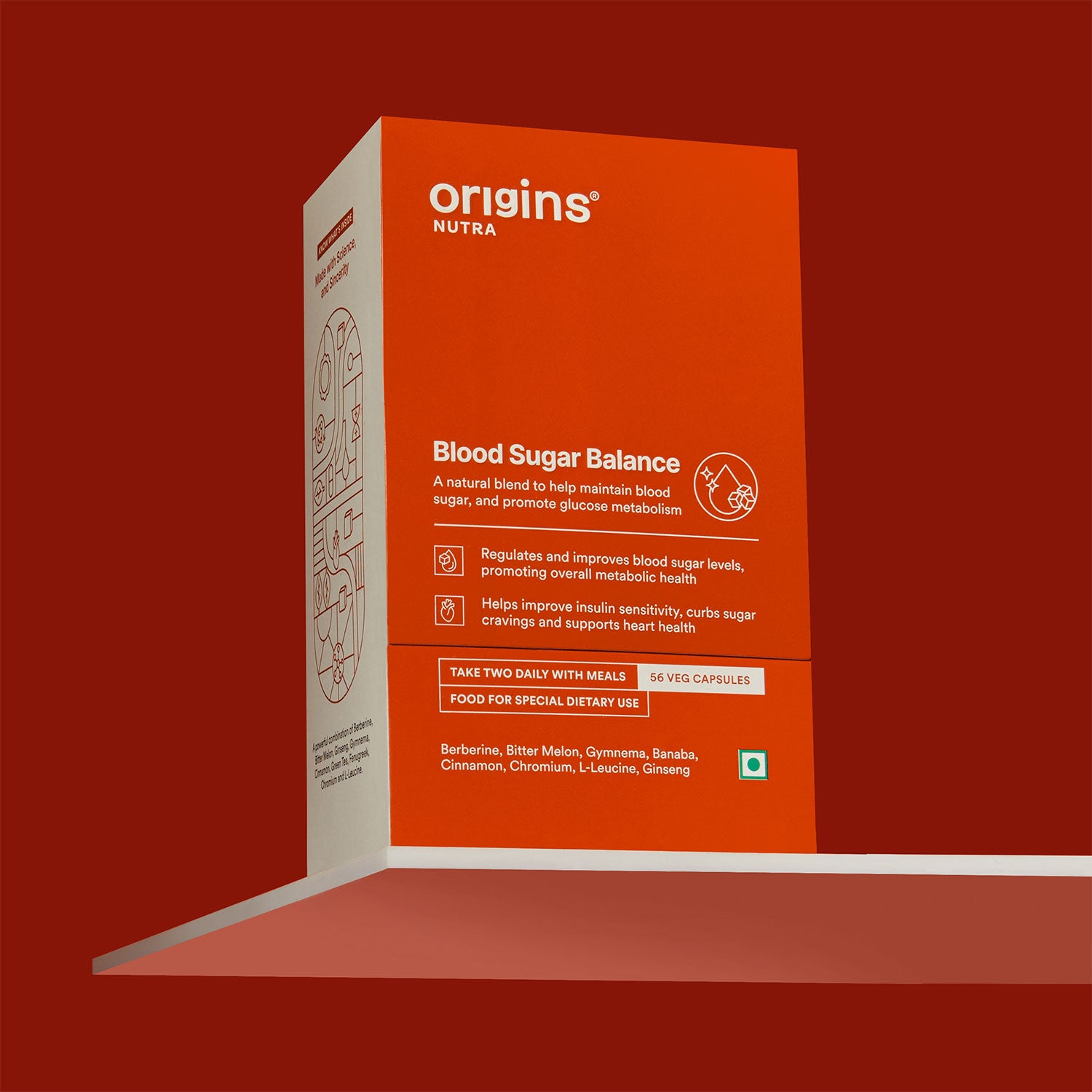
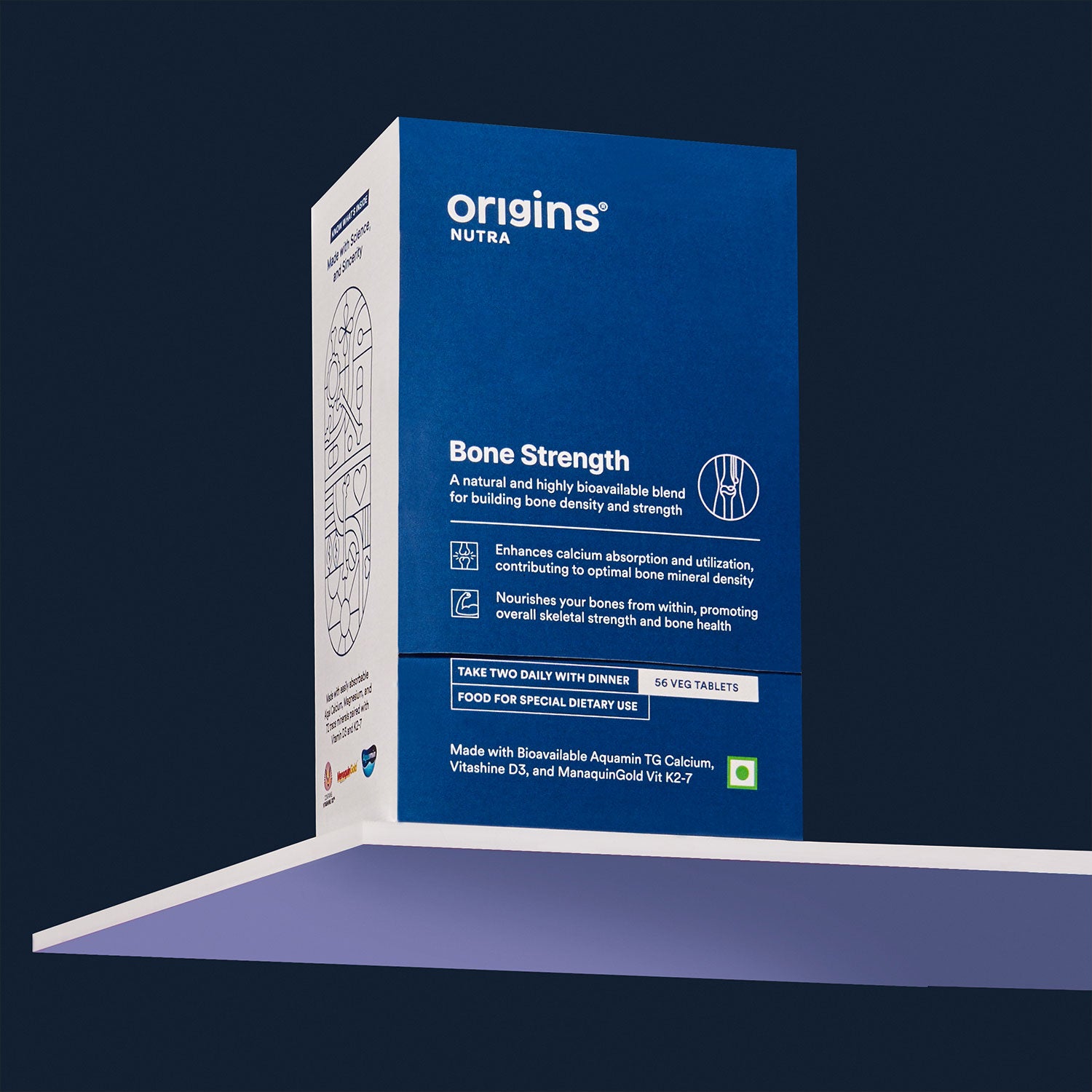
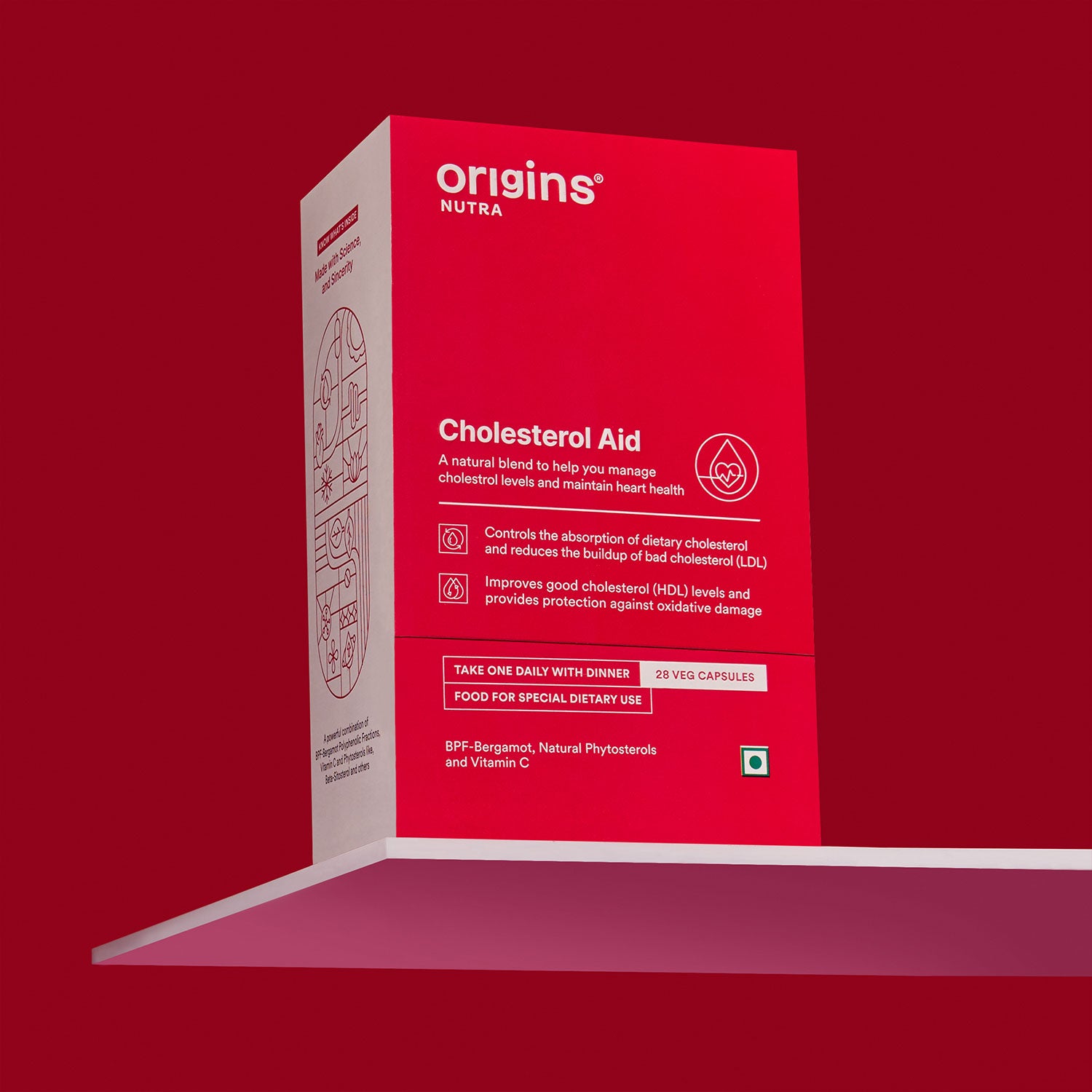
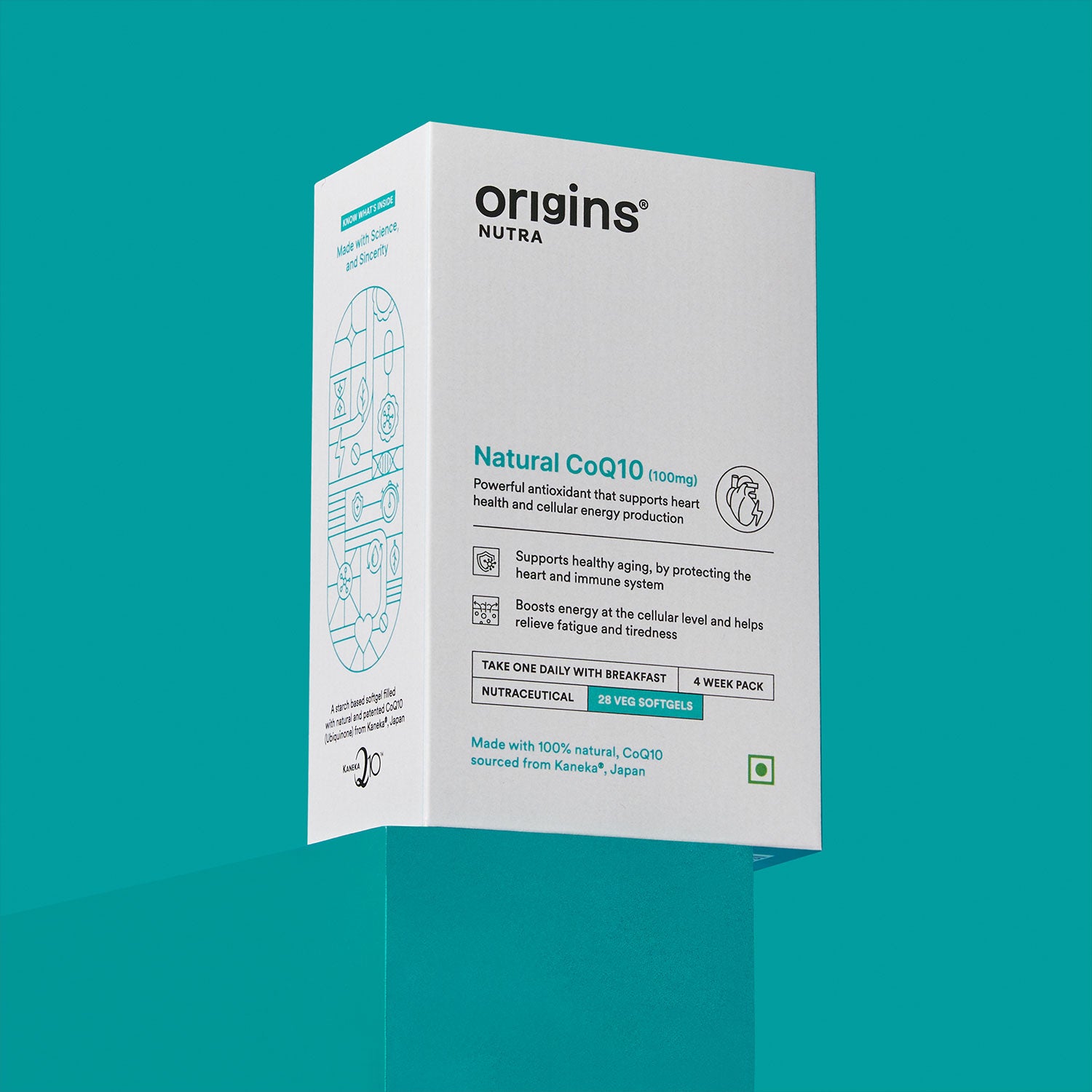
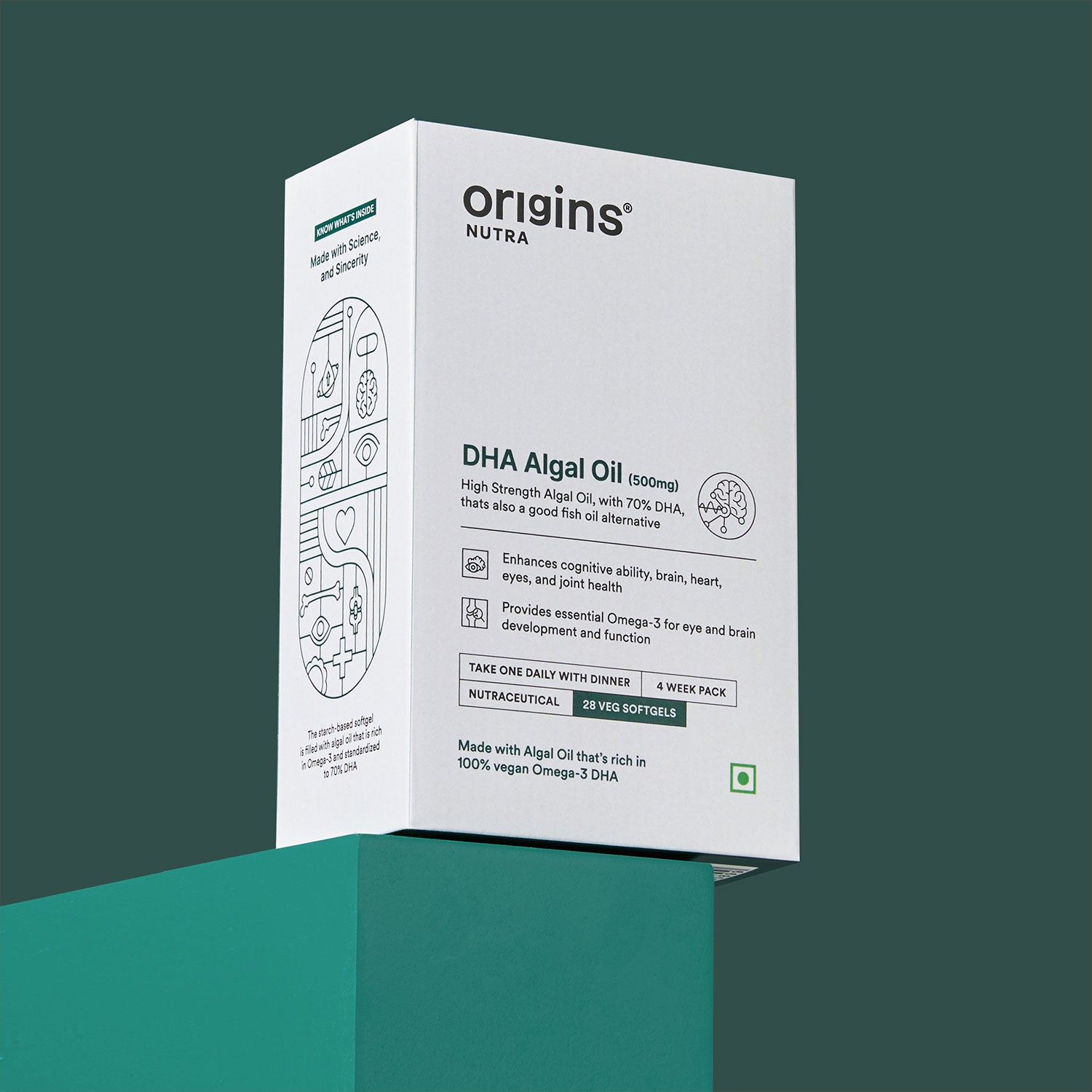
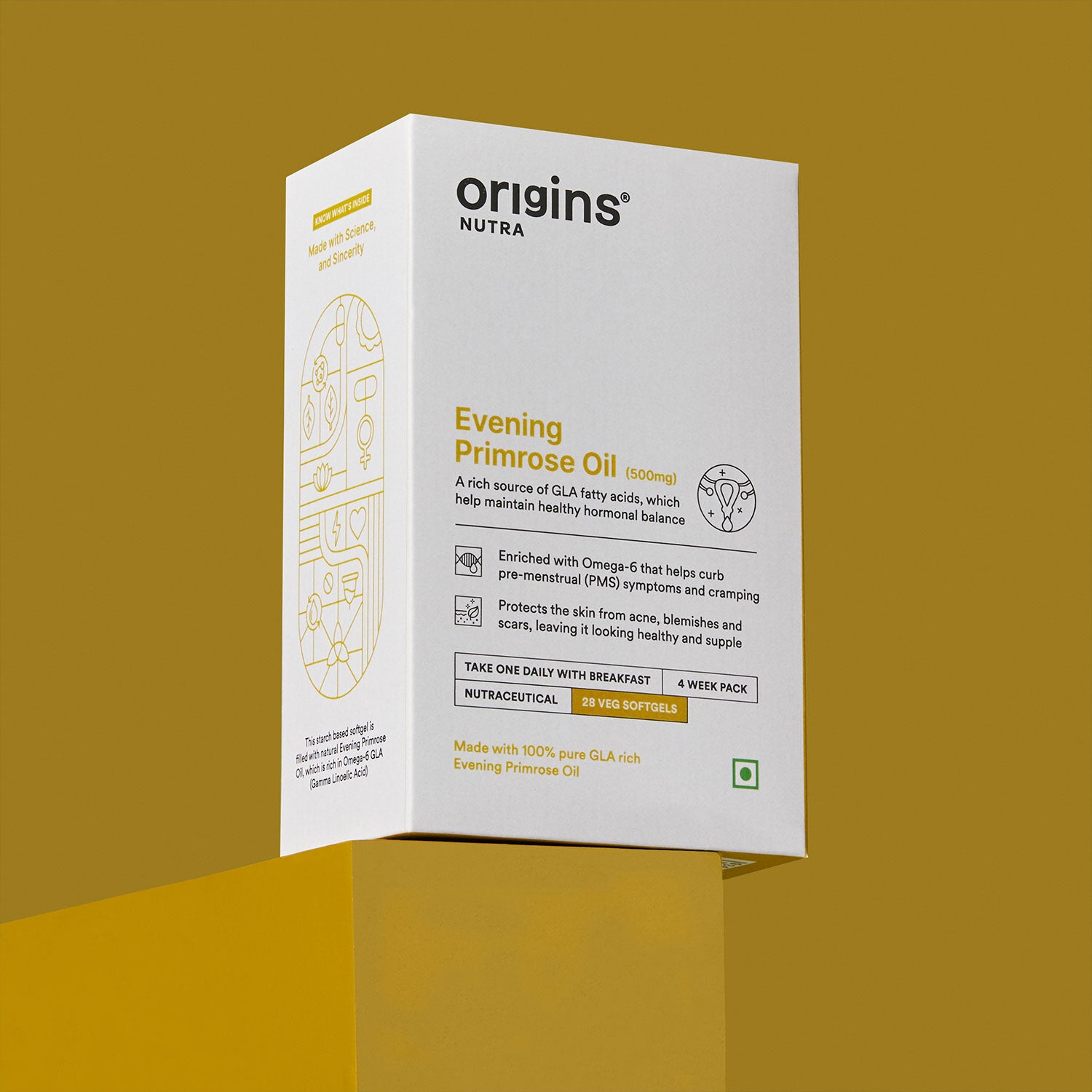
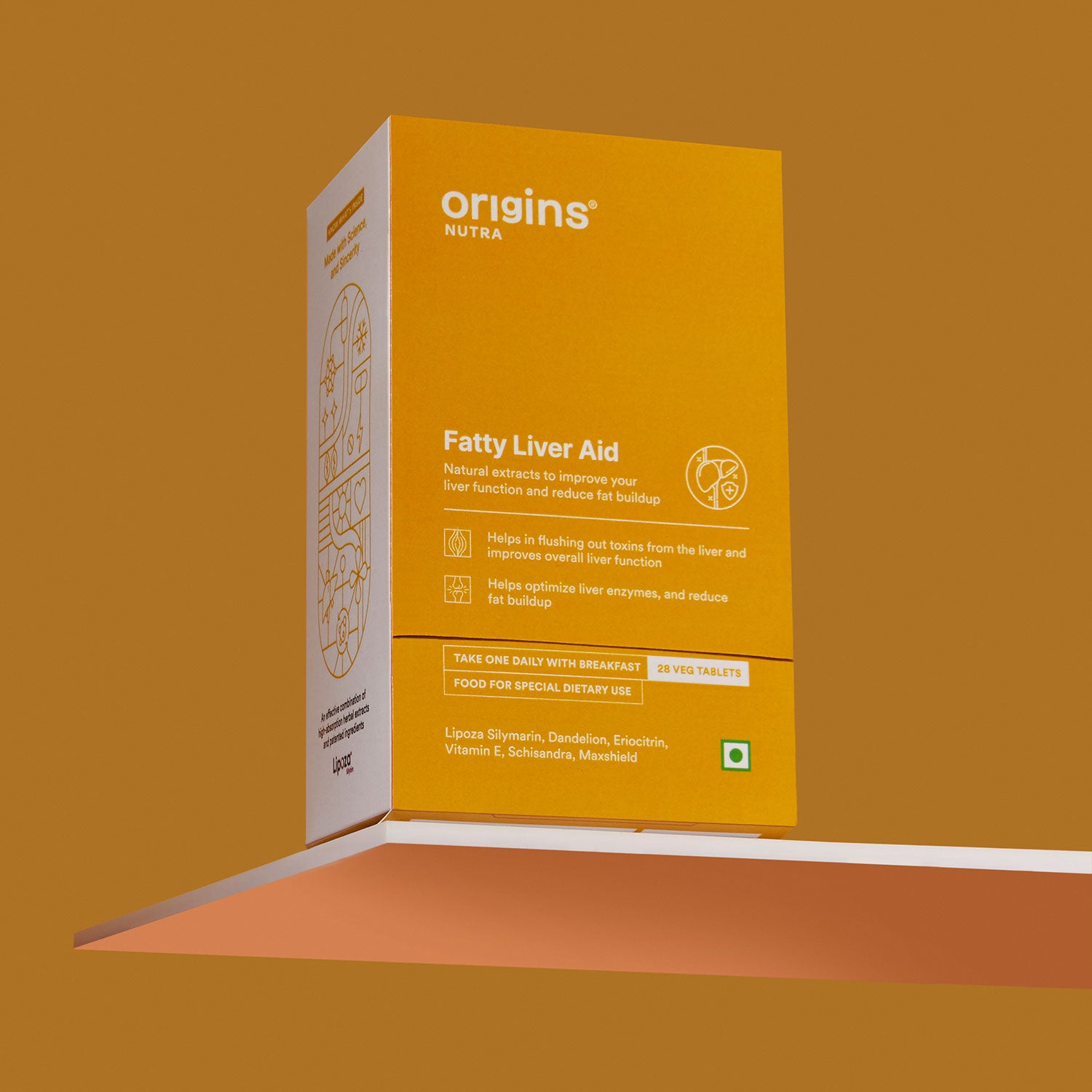
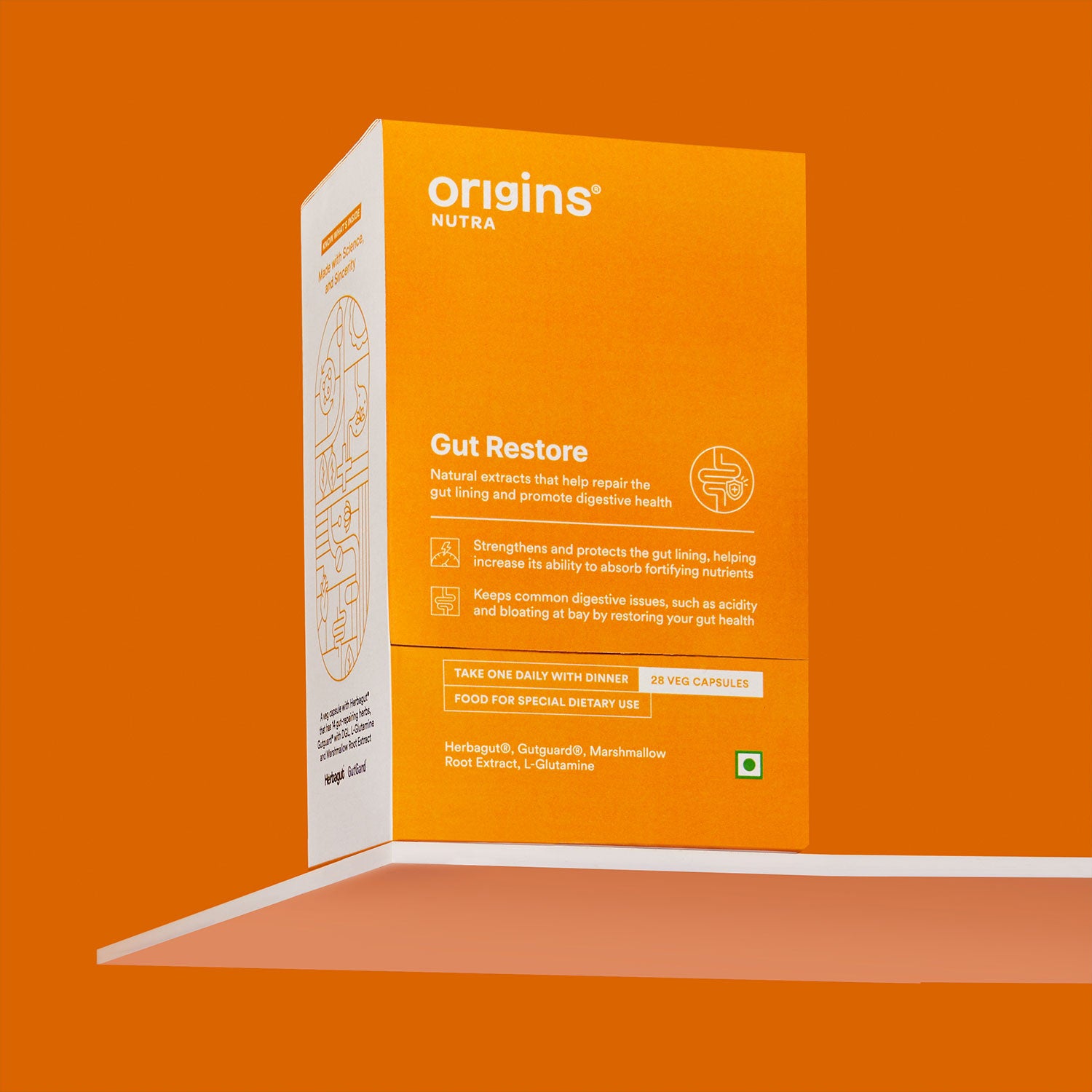
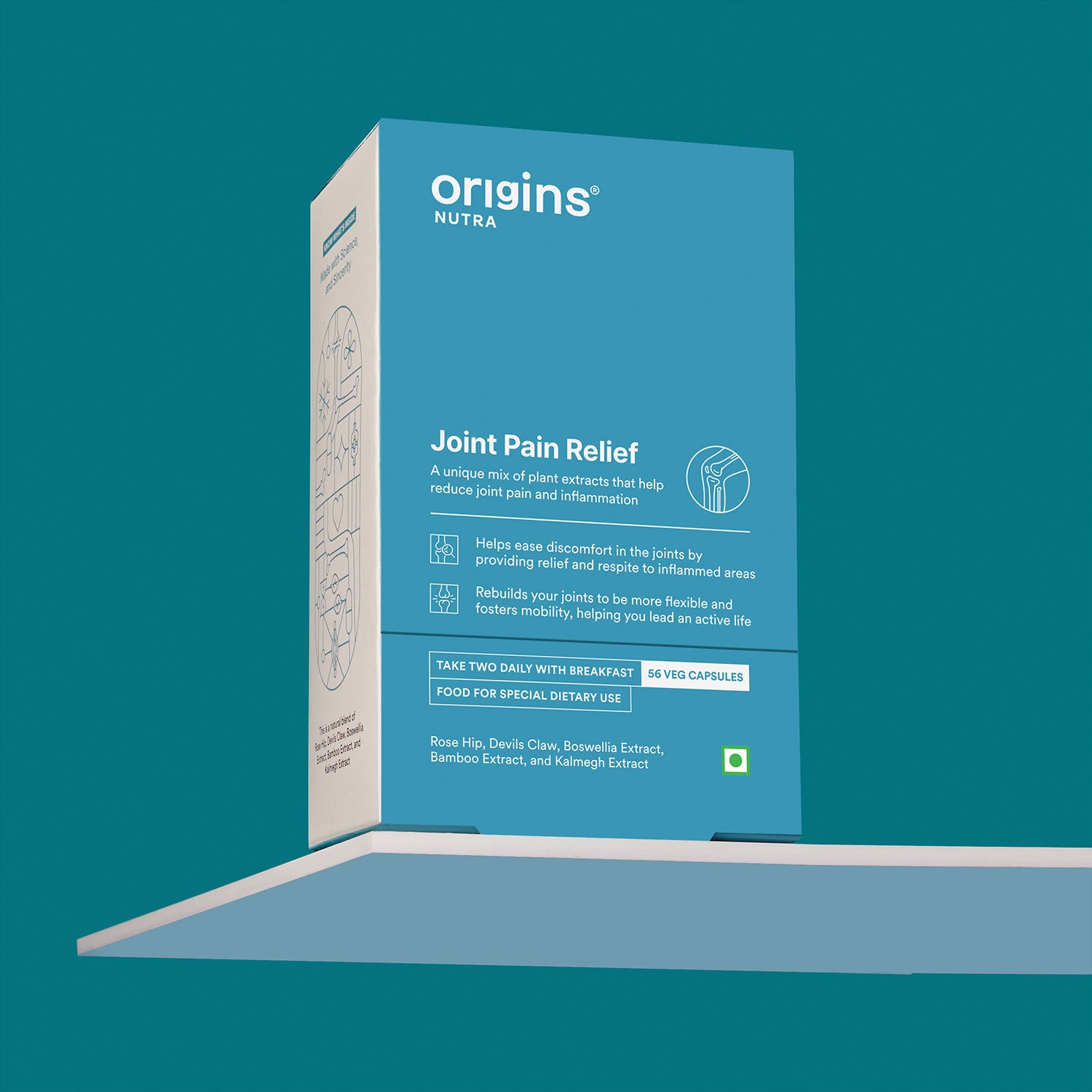
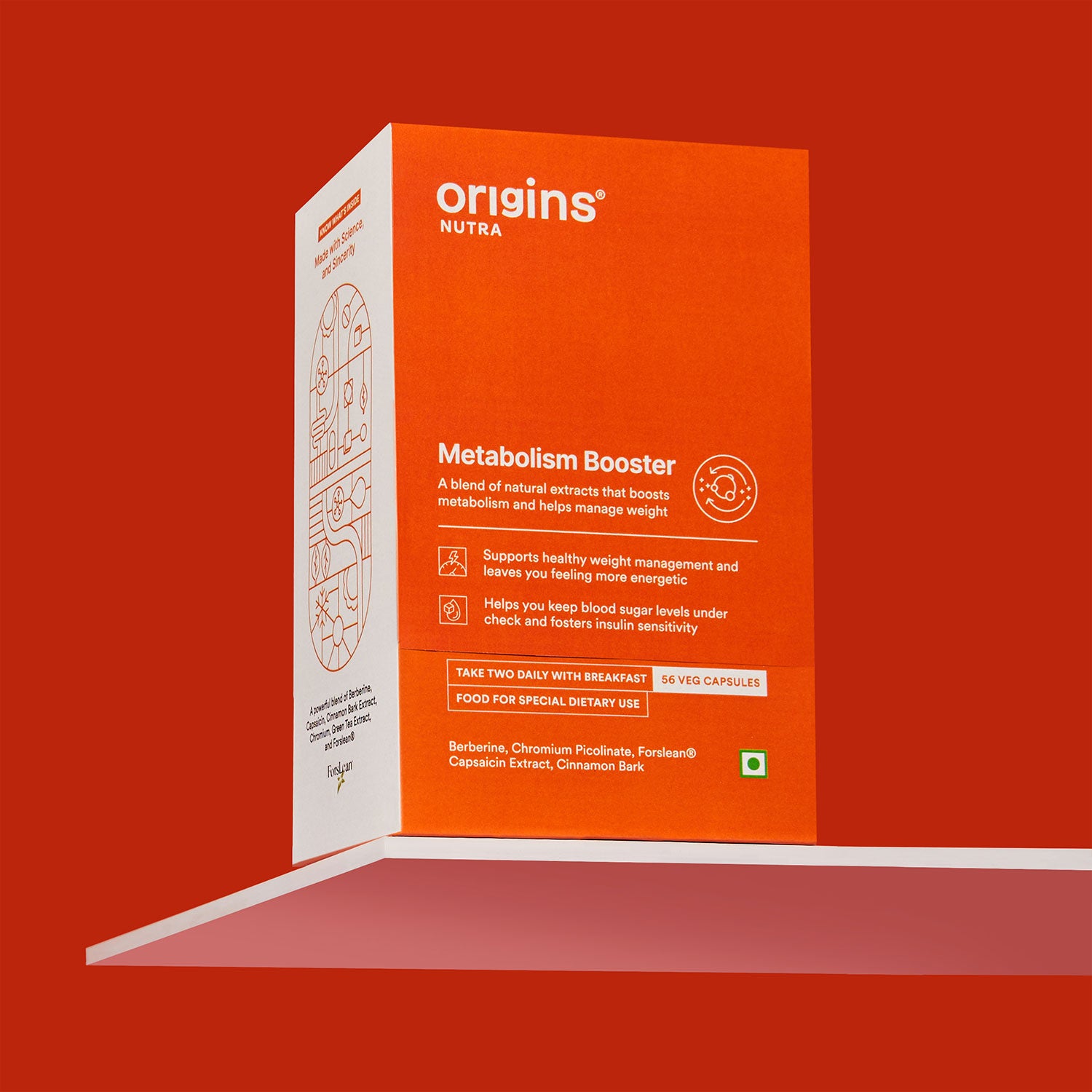
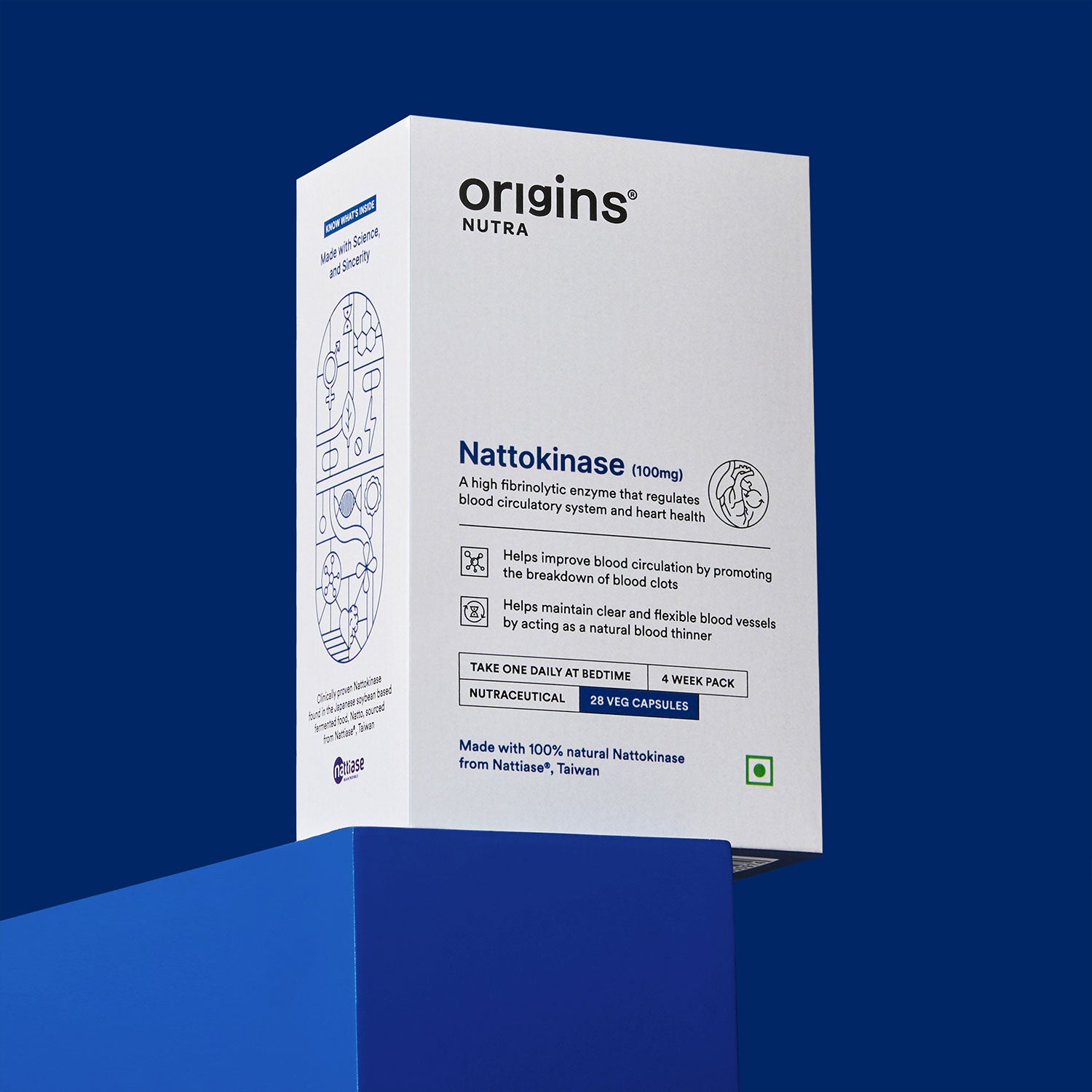
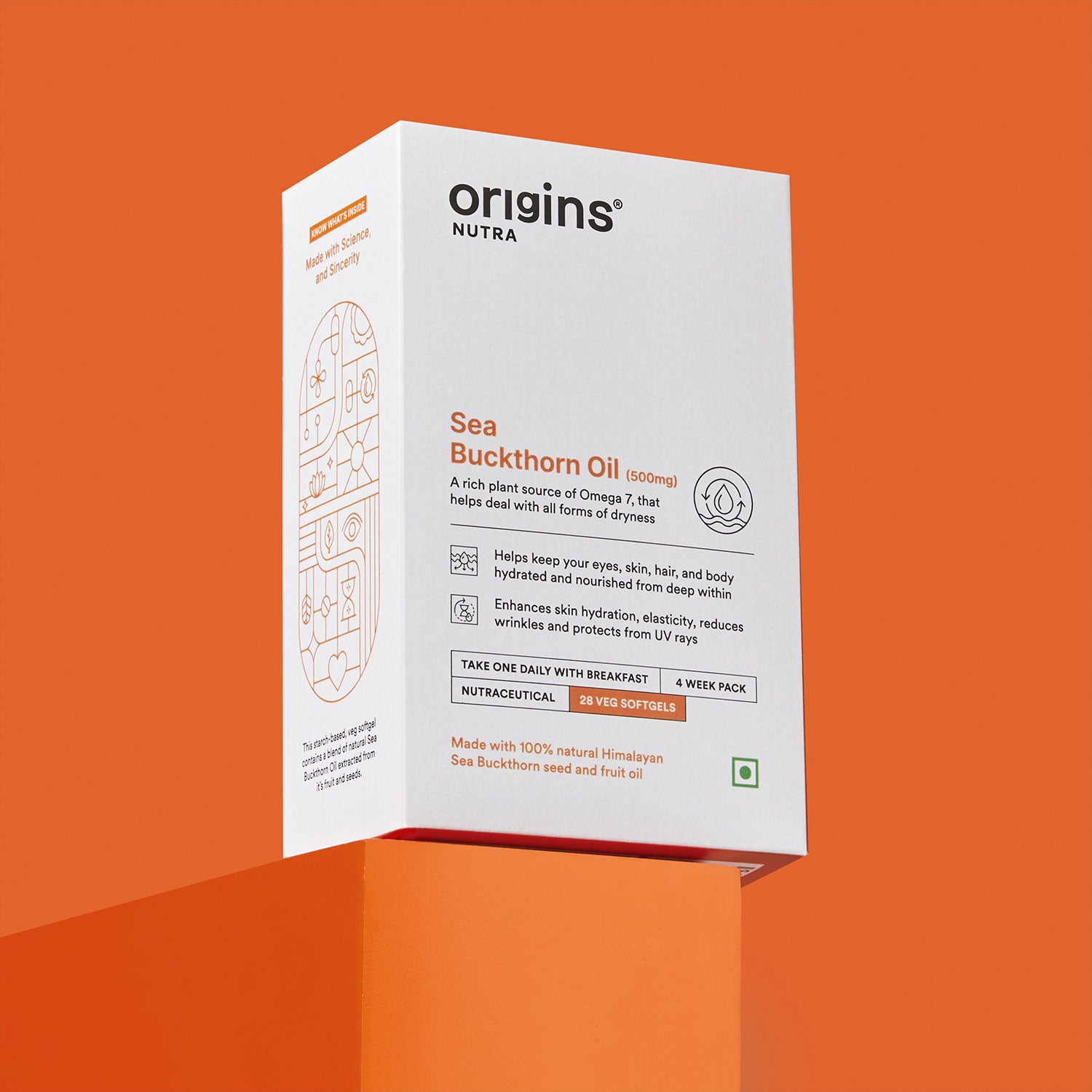
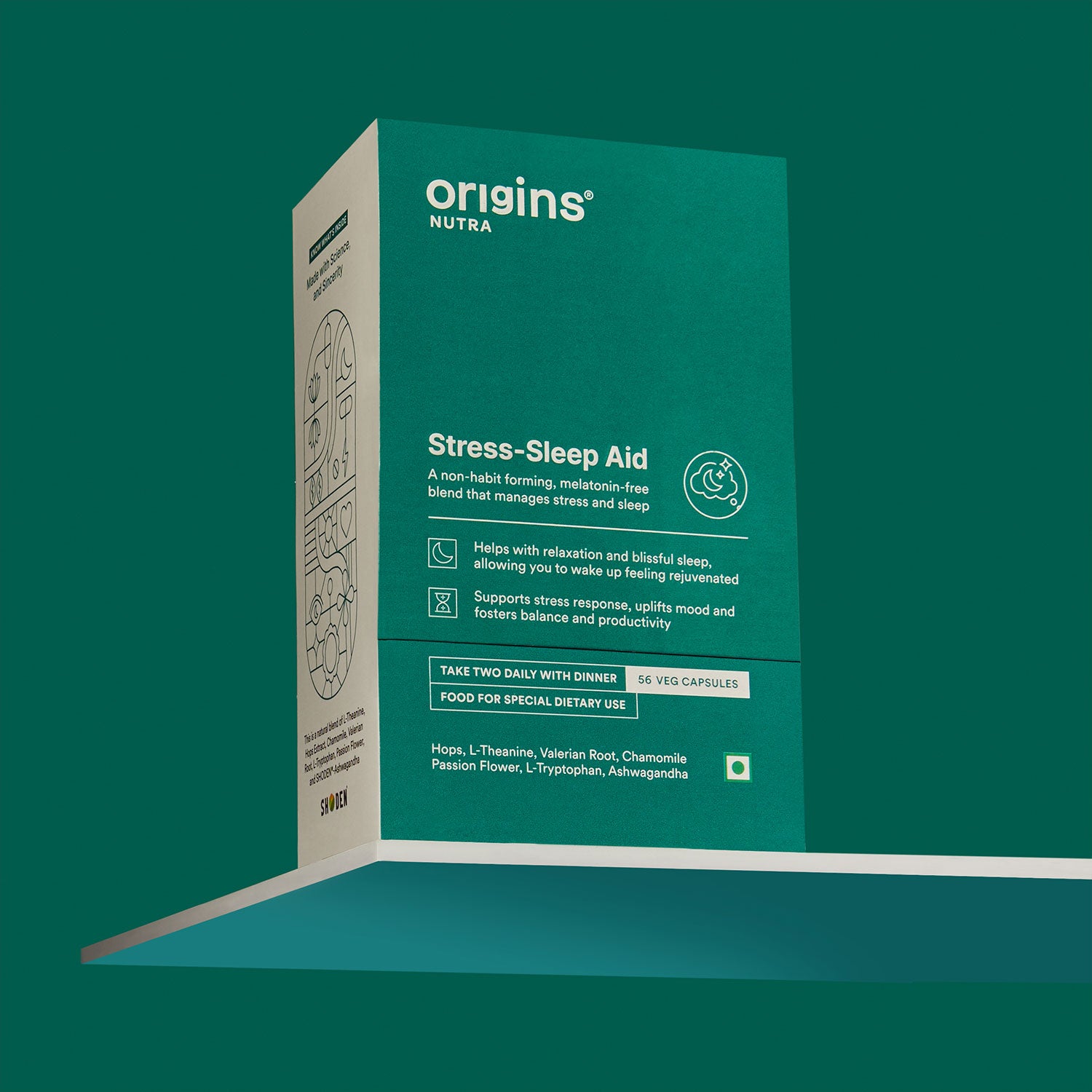
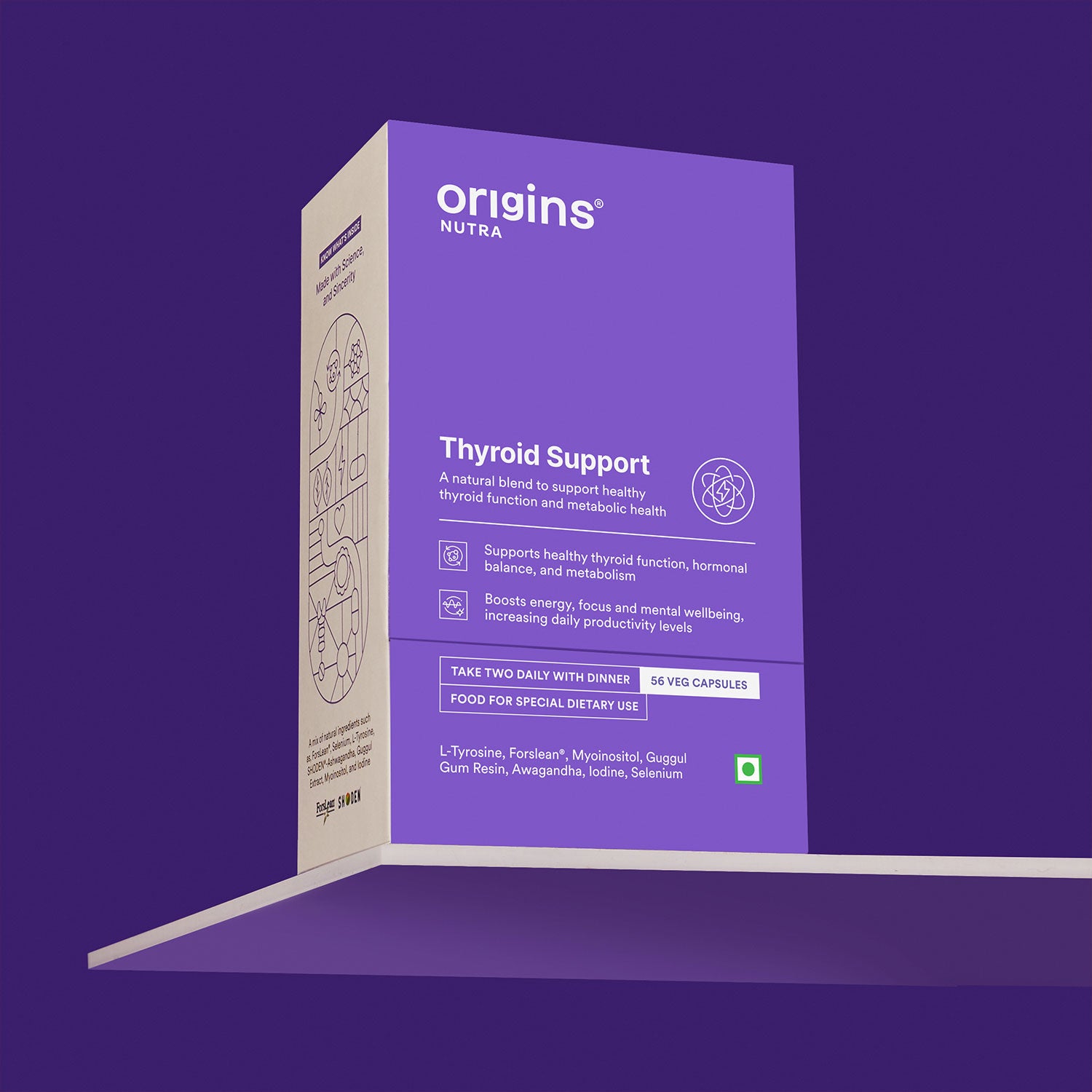
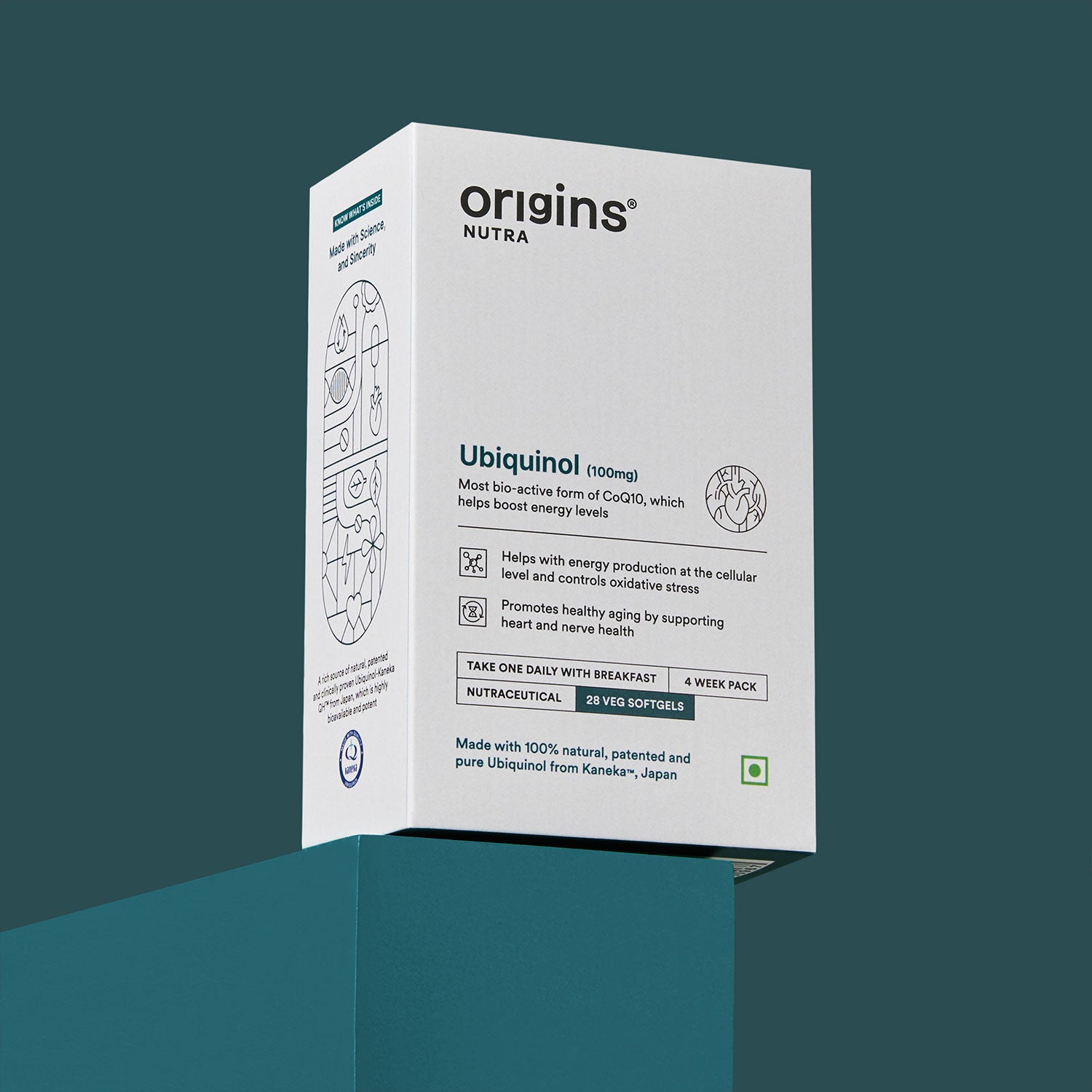






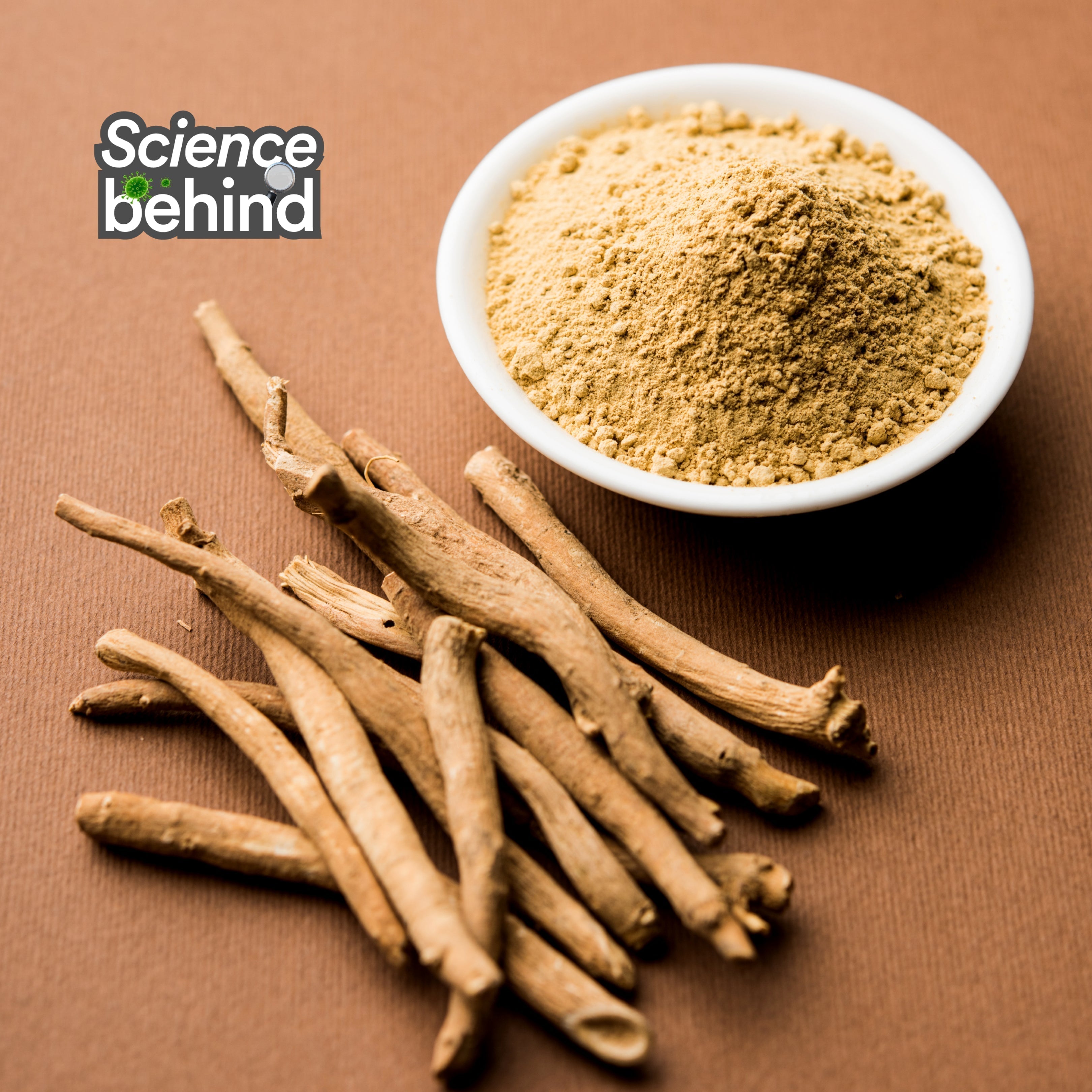







Leave a comment